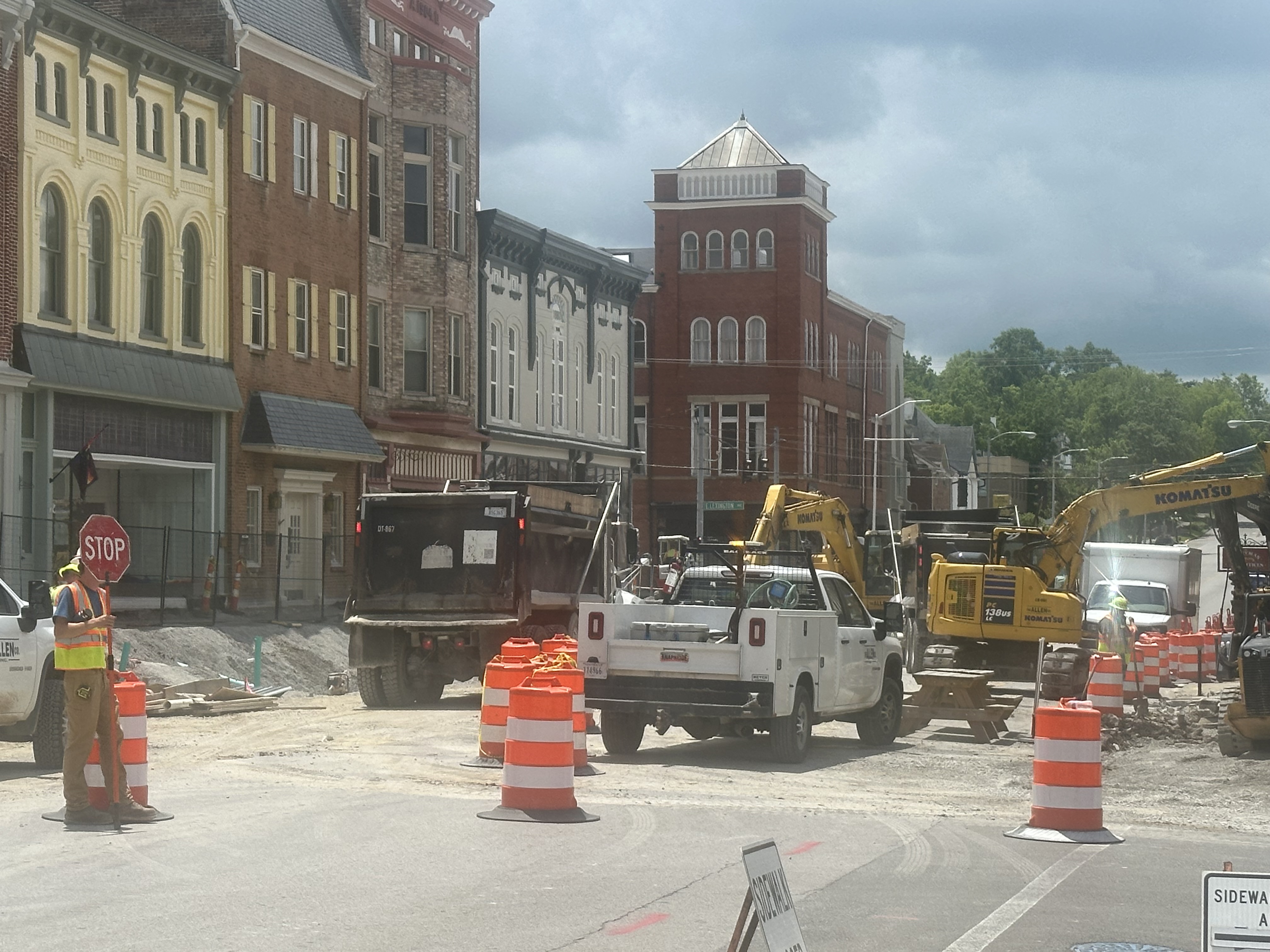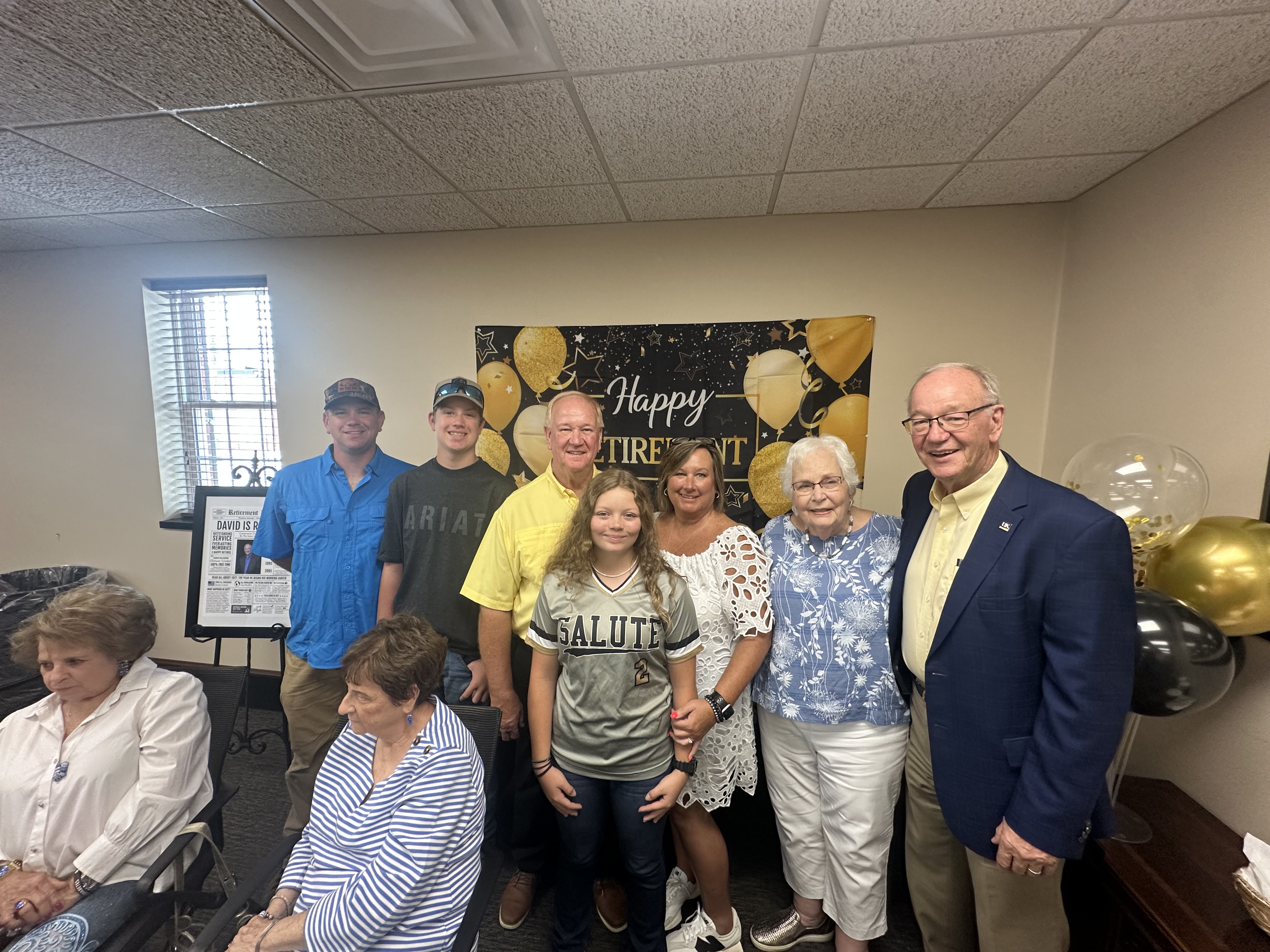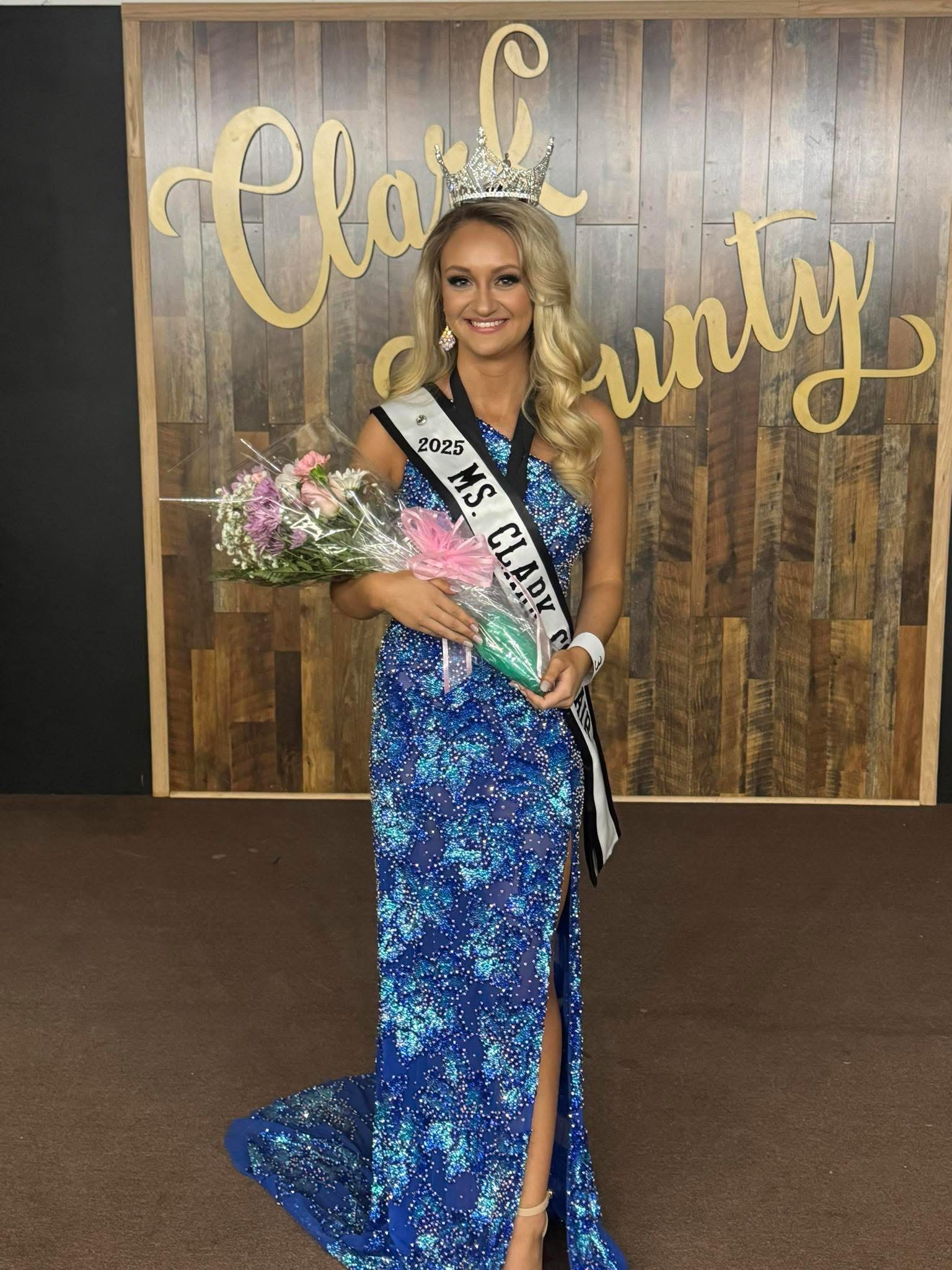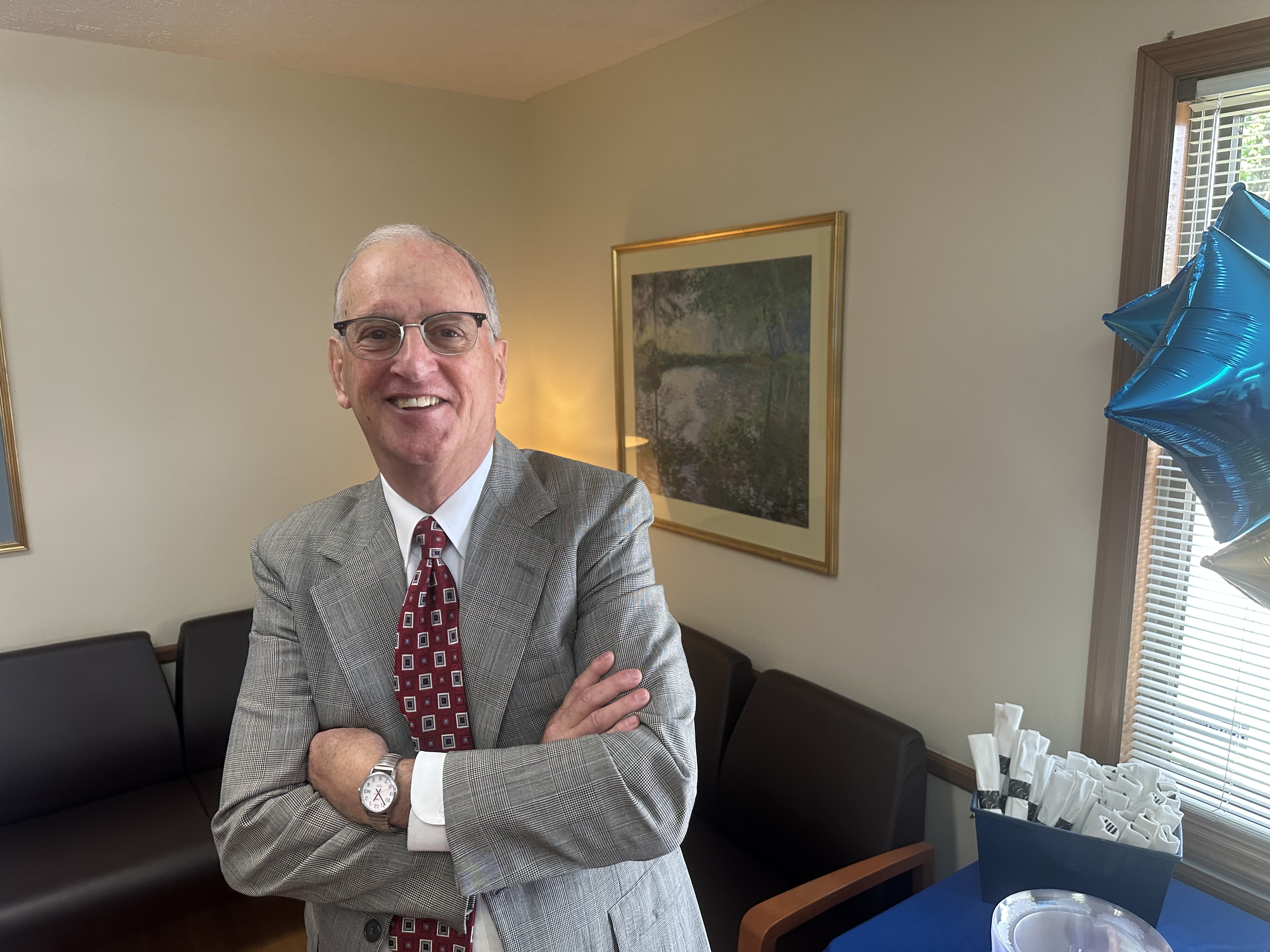Seeking Connection: Life is like a crossword puzzle
Published 1:25 pm Sunday, July 8, 2018
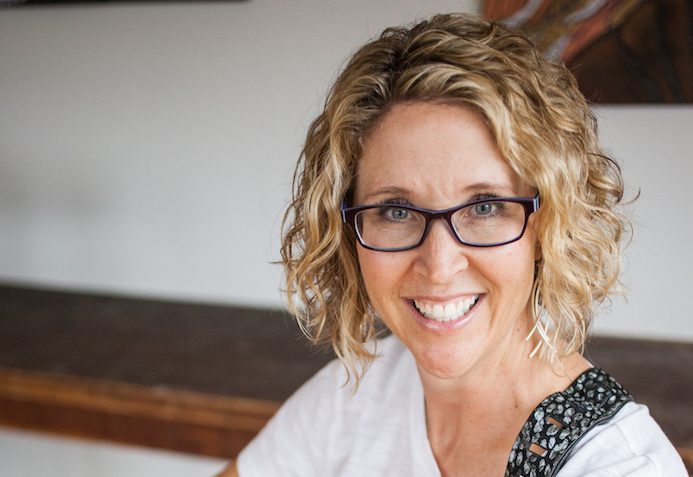
- Erin Smith is the owner of the OM place in Winchester, the author of “Sensible Wellness” and the online host of the OM channel. Follow her on Twitter @erinsmithauthor.
By Erin Smith
“Good crosswords connect to everything in life.”
— Will Shortz, New York Times crossword editor and NPR puzzle master
I love puzzles. I am constantly solving a jigsaw puzzle, Sudoku or crossword. A cruciverbalist of the highest order, I get the same high filling in a crossword clue as I used to get when shelving books in my library. It’s satisfying to create order out of chaos or emptiness. Puzzling is yoga for your brain, equal parts relaxing and challenging.
I recently watched “Wordplay,” a fascinating documentary about crossword puzzles and the constructors that create them. Crosswords evolved from ancient word games discovered in the Roman ruins of Pompeii squares, which were games consisting of words of equal length that read horizontally and vertically. It led to the design of the crossword, as we know it, in 1913. Fun fact I learned from “Wordplay?” Standard crosswords have 180-degree rotational symmetry, which means that if you turn a crossword puzzle upside down, the black and white squares should still be in the same place.
Here’s what I’ve learned from crossword puzzles about living my best life.
Success happens in small steps.
It’s easy to be overwhelmed in life. Our to-do list is never-ending and the siren-call of obligation and distraction ever-present. Sometimes looking at the big picture leaves us feeling small, too inconsequential to make a difference, too overwhelmed by how much we have yet to do. But how do you eat an elephant? One bite at a time. I try to remember to do the next right thing. It’s one small step at a time. Tackle the easiest problems first and work forward from there.
Every problem is figure-out-able.
Puzzling is not a test of intelligence, and solving is not really about the size of your vocabulary. Some days the answers are obvious and easy, and other days the solution will elude you. Does it get tossed in the metaphorical recycling bin or do you roll up your sleeves and try again when life gets hard?
We rarely have all the right answers, but that’s no reason to throw in the towel.
In puzzling, as in life, you can often fill in the holes in your understanding by relying on what knowledge and experience you do have. Crosswords are intended to play fair with its solvers, so an obscure entry will ideally cross a more “figure-out-able” one. No matter how dire, all problems are solvable.
It’s good to ask for help.
Remember the show “Who Wants to Be a Millionaire?” A contestant was asked a question and offered four answers from which to choose. There were three lifelines if a contestant got stumped. They could have the computer randomly remove two of the four options, they could ask the audience for advice or they could call a friend.
Who’s your lifeline? My husband cannot remember where he left his glasses, but his mind is a steel trap for random sports facts. Need to know Golf’s 1984 U.S. Open winner (Fuzzy Zoeller) or ABC sports honcho Arledge (Roone)? David is your man.
My mom can answer the most random geography and opera questions and my friend Jim remembers the U.S. presidents in order and anything science-related, no matter how abstruse. Need your lifeline? Call me. I know all the state capitals, can sing the Greek alphabet and have superior knowledge of all things Motown (Motown’s first single? Please Mr. Postman.)
When necessary, ask Siri. It’s not cheating. Your brain will store this info for a later puzzle. Puzzling is ultimately about learning things while having fun. Ignore those haters who say there is only one right way to solve.
Everything is connected.
In puzzles, intersections are called crossings, where a down and across clue meet. Let’s say 17 down is killing me; I have no idea what a seven-letter word was meaning Bach choral creation is. But I can answer 12 across: Italian cheese (fontina) and 13-across: Shakespeare’s Pericles, Prince of… (Tyre) and 14 across: Cherbourg chum (ami). This word fills in enough of 17-down that I get it: cantata. Life is full of crossings.
To paraphrase astrophysicist Neil DeGrasse Tyson, we are connected to other humans biologically, to the earth chemically and to the cosmos atomically. Just like the words in the Thursday puzzle. What occurs on a small scale is played out on the big stage. It’s helpful to remember we’re not an island but a crucial part of the current existential plane.
Do you puzzle? What life lessons has it taught you?
Erin Smith is the owner of the OM place in Winchester, the author of “Sensible Wellness for Women” and the online host of a yoga and mindfulness channel for Eppic Films. Send her a shout out at erin@theOMplace.net or play along at www.theOMplaceChannel.com.


